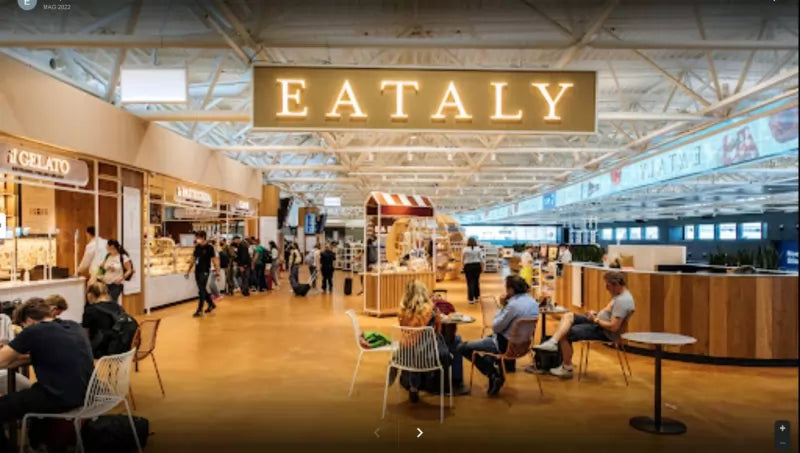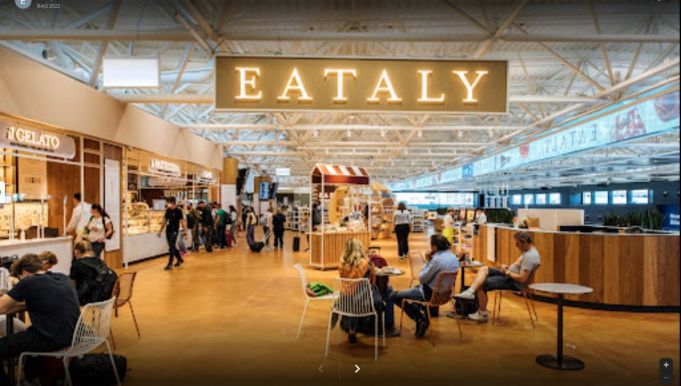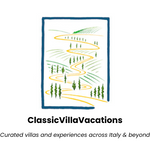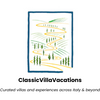
Eat better at Rome airport - EATALY opens at FCO
"Eat better, fly better" is the Eataly motto at Fiumicino airport.

Eataly, the chain of high-quality Made in Italy food outlets, launches in the newly-opened Boarding Area A at Rome's Leonardo da Vinci airport, better known as Fiumicino.
The arrival of Eataly at Fiumicino marks the first time the celebrated food emporium has opened in an airport.
The 2,000-sqm outlet, which has seating for 300 people, will be run in collaboration with Autogrill, the Italian-based, multinational catering company.
"The new Eataly, with the motto "eat better, fly better", will bring the best of our Made in Italy to a place of huge traffic of Italians and foreigners to whom we will offer the experience of Italian food and wine culture", said Eataly CEO Nicola Farinetti.
- Rome's Fiumicino airport opens major new boarding area
-
The Eataly at Fiumicino offers freshly-made pizza, a range of pasta, fried foods, salads, soups, panini and gelato, while its Vini e Aperitivi bar offers wine, craft beer and cocktails, accompanied by appetisers.
There is also a retail section where travellers can purchase Made in Italy food and wine to take with them on their journey.
Fiumicino recently opened the 'Molo A' boarding area, which has 23 gates and covers 37,000 sqm, after an investment of €400 million from Rome airport management company Aeroporti di Roma (AdR).
Photo La Repubblica


